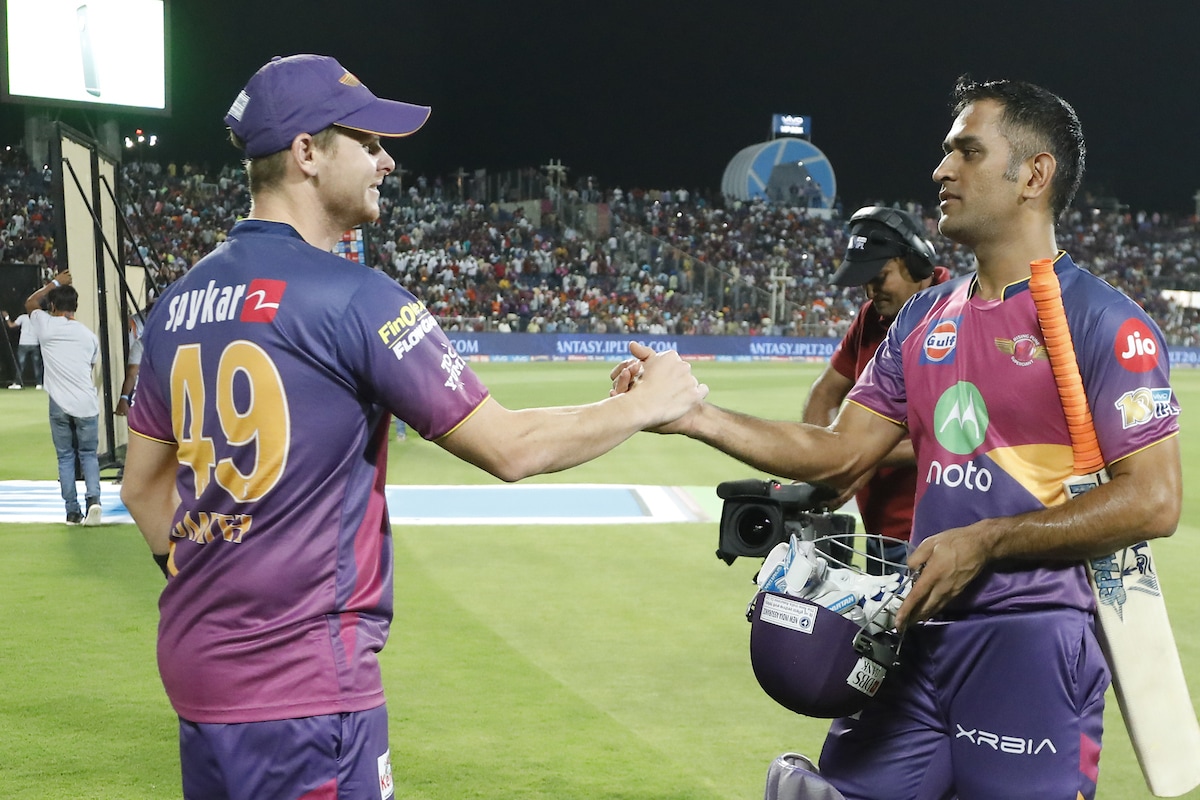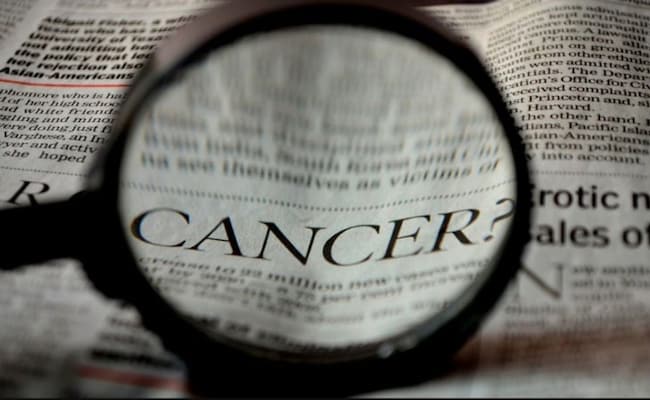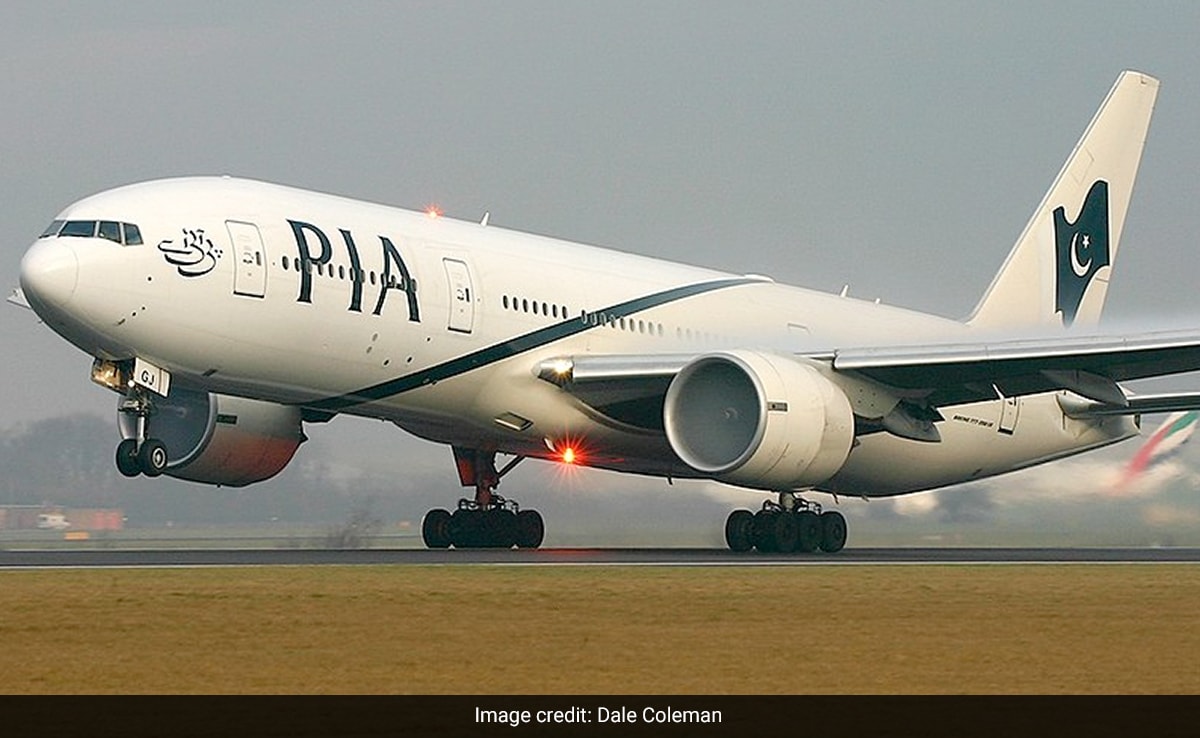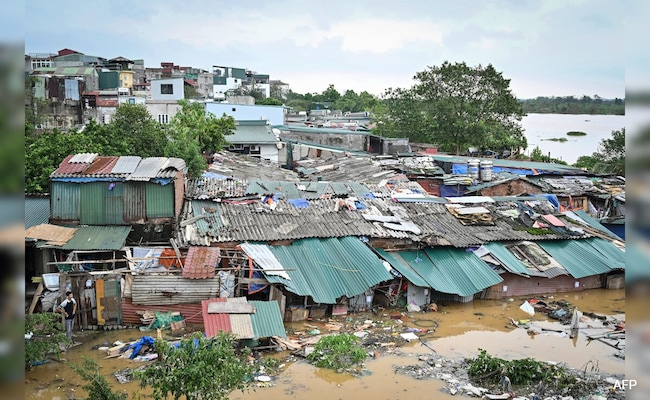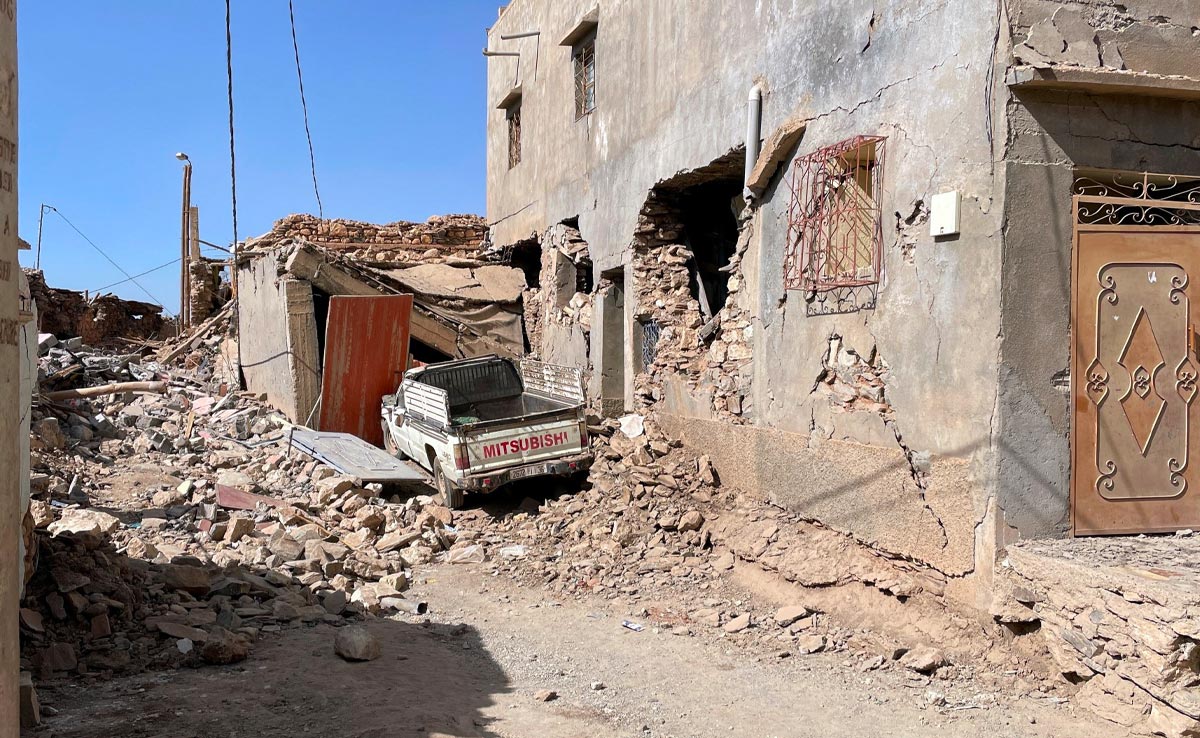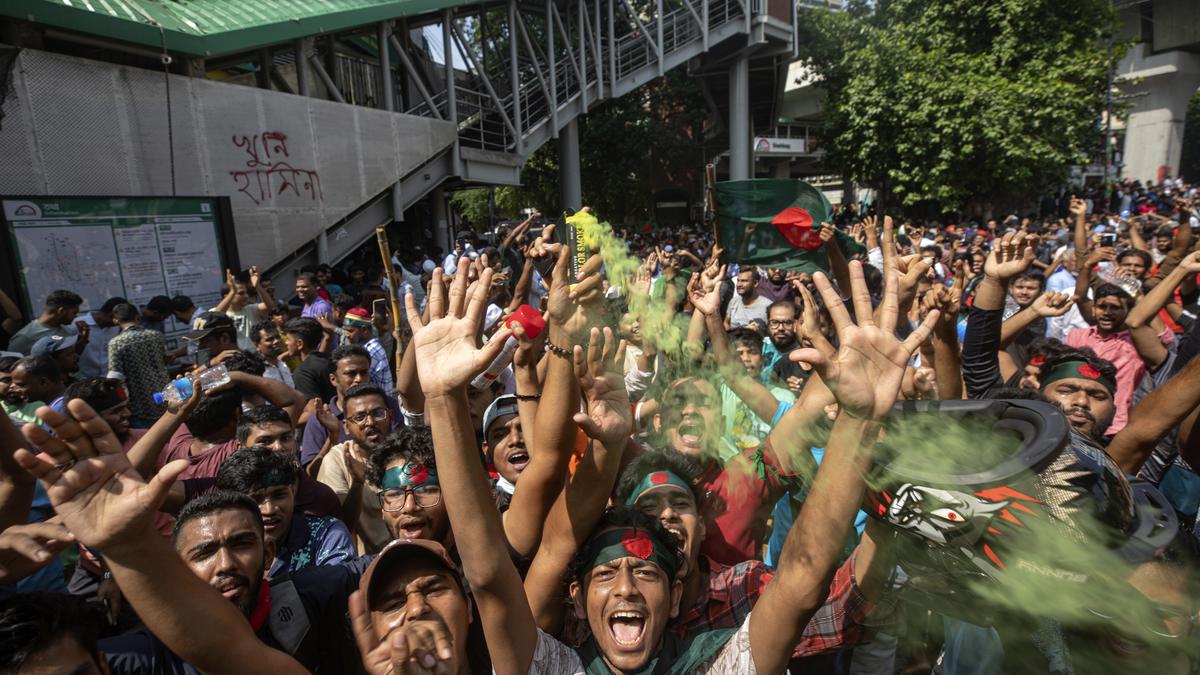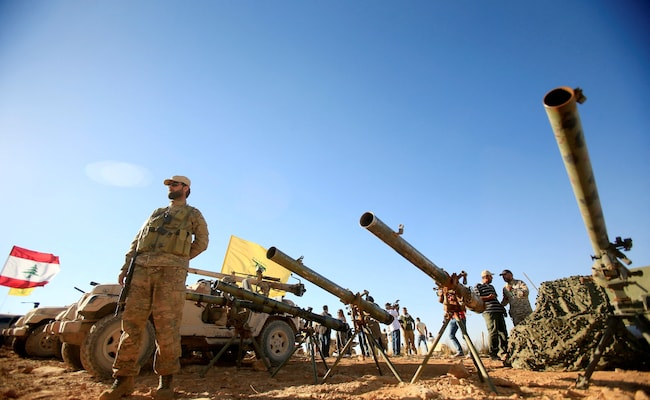Cancer cases in India is likely to increase from 1.46 million in 2022 to 1.57 million in 2025
New Delhi:
A high profile global initiative to tackle cancer called the ‘Cancer Moonshot’ will be announced on the sidelines of the Quad Summit. Ahead of that an India cancer specific cancer genome atlas has been released. Till date, all cancer treatments were based on western datasets, say the experts who made the cancer atlas. This had led to complications. India has the third-highest number of cancer cases after the US and China.
The release of the Cancer Genome Atlas of India is timely since according to estimates by the Indian Council of Medical Research (ICMR), in India, the incidence of cancer cases is likely to increase from 1.46 million in 2022 to 1.57 million in 2025.
The Quad Summit to be held in Philadelphia will be attended by Prime Minister Narendra Modi, US President Joe Biden, Australian Prime Minister Anthony Albanese and Japanese Prime Minister Fumio Kishida. While global security will be high on the agenda, the menace of cancer is also not being ignored.
Cancer Moonshot is a special programme spearheaded by Mr Biden and the US First Lady. The White House says it is building a world where the word cancer loses its power, a diagnosis isn’t a death sentence, and to prevent cancer before it starts.
“We catch cancer early so people live longer and healthier lives, and patients and families don’t have to navigate their cancer journey alone. To prevent more than four million cancer deaths by 2047 and to improve the experience of people who are touched by cancer,” it said.
The Indian Cancer Genome Atlas (ICGA) is aimed at transforming cancer research and treatment for the Indian population. Historically, cancer treatments in India have been based on western data sets. However, cancers in Indian patients can differ significantly at the molecular level.
The ICGA’s mission is to create Indian-specific datasets to help researchers and clinicians develop personalised treatment protocols. This new open-access portal represents a monumental step in revolutionising cancer research, specifically for Indian patients.
Currently, the platform consists of data from 50 breast cancer patients, with plans to expand to over 500 patients in the coming year. Experts suggest that in 2022, India reported 1.92 lakh cases of breast cancer, constituting 26.6 per cent of all cancer cases, along with 98,337 deaths, accounting for 13.7 per cent of all cancer-related fatalities.
The Indian Cancer Genome Atlas (ICGA) is a national initiative focused on mapping cancers across India, supported by a foundation formed by over 50 clinicians, researchers, and data analysts. Its mission is to enhance cancer diagnosis and treatment for Indian patients and contribute to the global understanding of cancer biology.
The open access dataset will drive transformative breakthroughs in cancer treatment, said professor Shekhar C Mande, former Director General, Council of Scientific and Industrial Research (CSIR) and currently senior professor at Savitribai Phule Pune University.
“Making this invaluable cancer data publicly accessible marks a pivotal step in accelerating scientific discoveries and enhancing patient outcomes. By openly sharing this data, we are empowering researchers, clinicians, and innovators to collaborate, explore new frontiers, and drive transformative breakthroughs in cancer treatment,” Mr Mande said.
India uniquely has a high burden of cancers related to the digestive system; oral and lung cancer, mostly related to tobacco use; cervical cancer is increasing and breast cancer are all on the rise.
Waiting for response to load…



